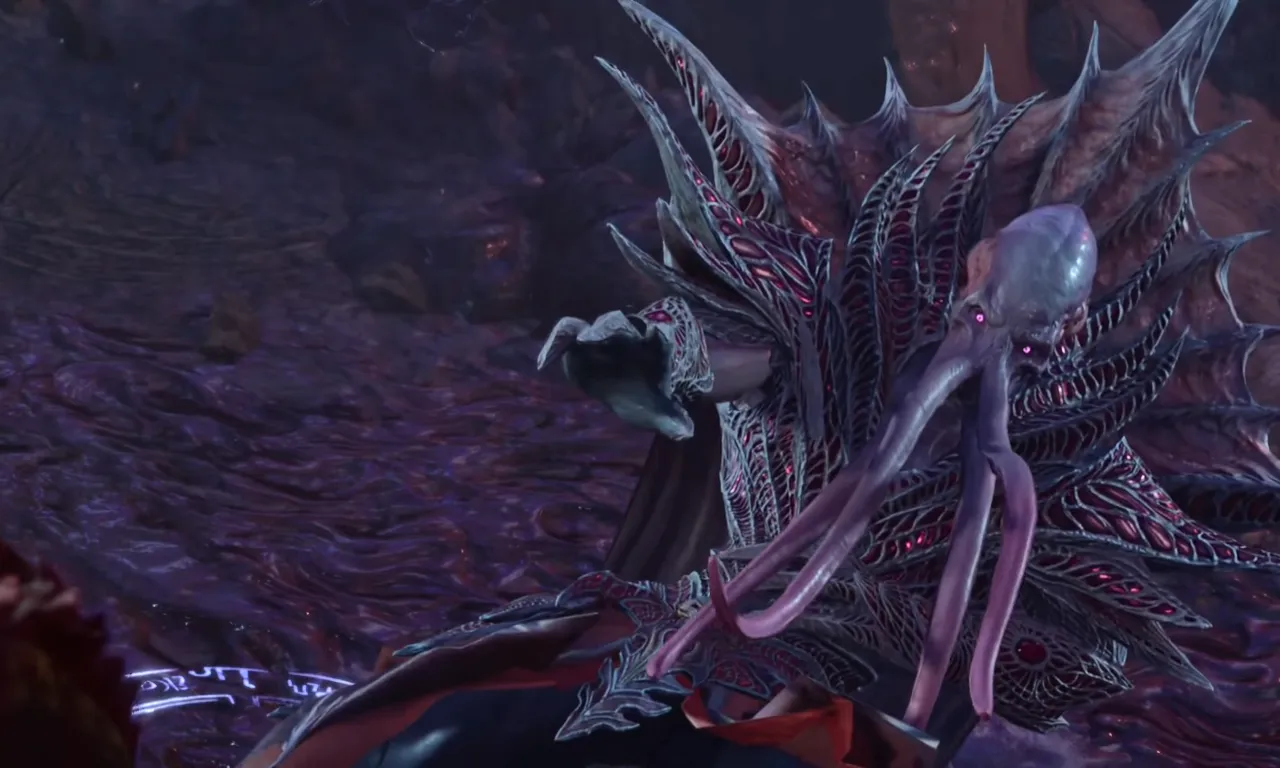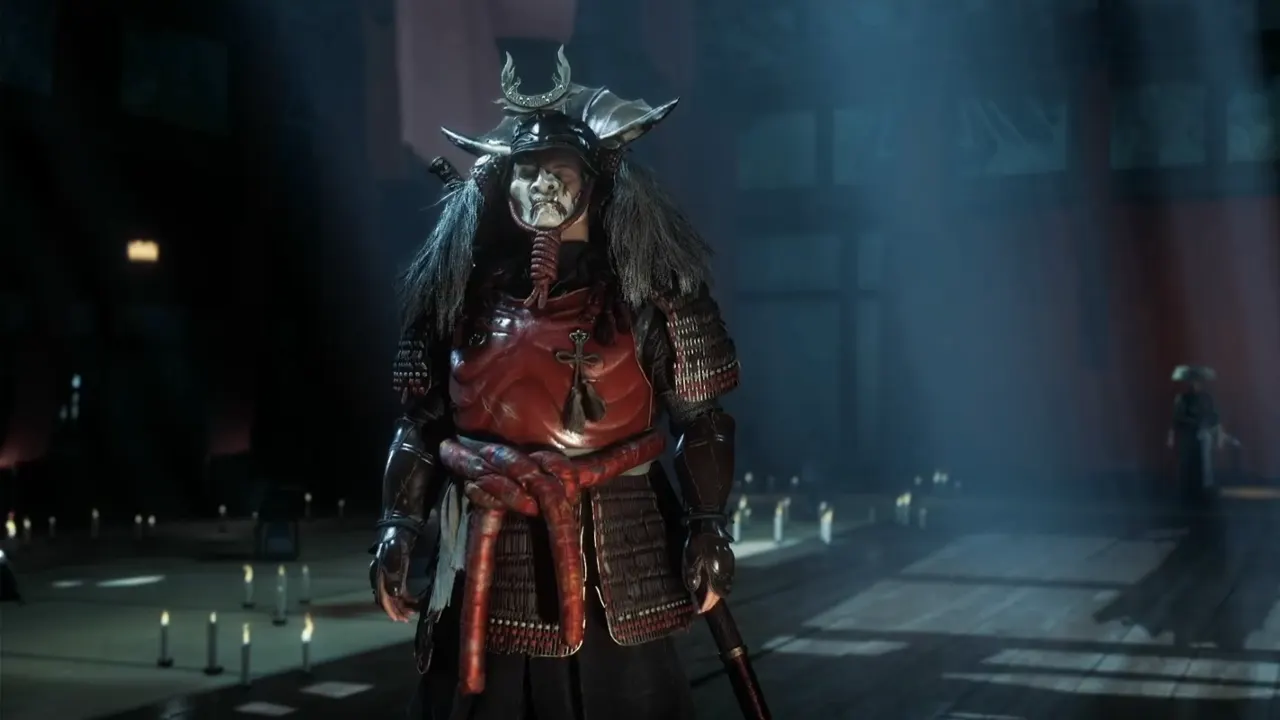Hours into Baldur’s Gate 3 and still peeling back the layers of the onion? The Emperor is an almost meta-game enigma you’re never quite sure about. Some fans think his story is less deep than other stories you’ll find along the way. But often the things that aren’t in the dialogue trees are hidden in the lore-heavy books.
This image is from the 16th installment of Gortash’s memoir notes, as found and shared by Ark-the-Lark on Reddit. In the memoir, the Emperor plays the main role in a secret operation to recover the Astral Prism, an artifact that can challenge any Illithid psionics. With the regrown nautiloid in the hands of a nautiloid familiar to none other than the Emperor itself, the mission was to infiltrate the Vlaakith stronghold.
For People that don’t read the books
byu/Ark-the-Lark inBaldursGate3
This is a big reveal because it confirms the theory that the Emperor was on the same ship where Tav, Astarion and the other companions have their memories raised with the Illithid parasite. The secrets surrounding the Emperor and his alliances, as well as his true intentions, have always been shrouded in mystery and have led to endless debate among the characters. Culpability is a question often debated or property of the Emperor but causality is irrelevant.
Interestingly, Baldur’s Gate 3 makes the Emperor an unreliable narrator. He’s the Dream Guardian in Acts 1 & 2 and only reveals his true intention later. His claim that he was forced by the Elder Brain to be in a détente with Gortash makes him more complex. What we find out by the end of Act 3 is that the Netherbrain in BG3 actually freed the Emperor to create the team that would ultimately oppose it, for sure. This background enriches the context of what the Emperor does and reflects how twisted the relationships in the setting are.
One Reddit user Davethelion said while considering the flexible nature of the Emperor’s character, “My friend said he thinks the Emperor becomes whatever your playthrough needs it to be. So, if you aren’t into lying and are likely to want to set Orpheus free, it becomes a manipulative villain. But if you always view it as an ally that needed to lie to be able to work with you, it becomes just that.”
Baldur’s Gate 3 also has mind flayers disconnected from Elioth, an Elder Brain, which is a rare instance of them having one to themselves and a rather strange departure from the story. They fade into the background and provide a lens through which players can judge the Emperor’s actions, showing off the game’s depth and how deep this character can be modeled.
Some players believe the smallest details in the story are crucial to how invested they are in the game world. The Emperor’s narrative is a perfect example of the potential for overlooked lore that can completely change your view of the characters in BG3. So, next time you walk past a bookshelf, make sure to take a look because that’s where the game-changing secrets are hidden.







